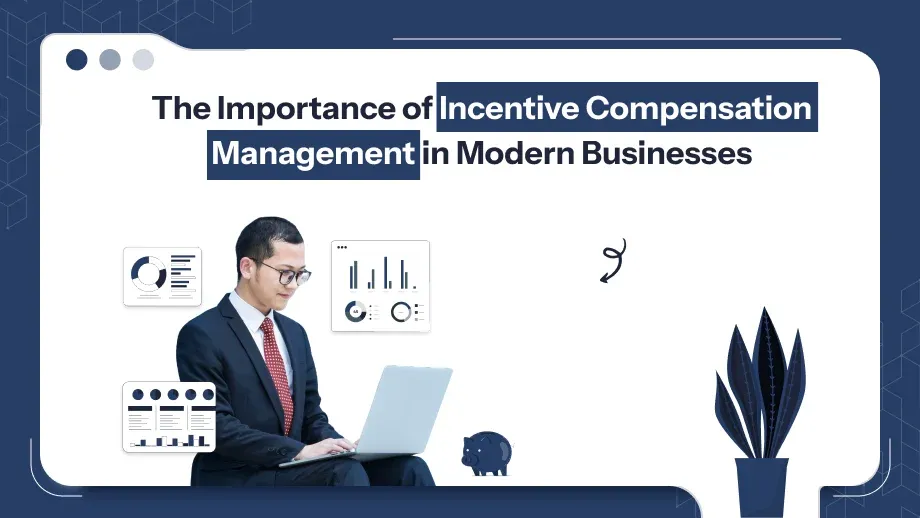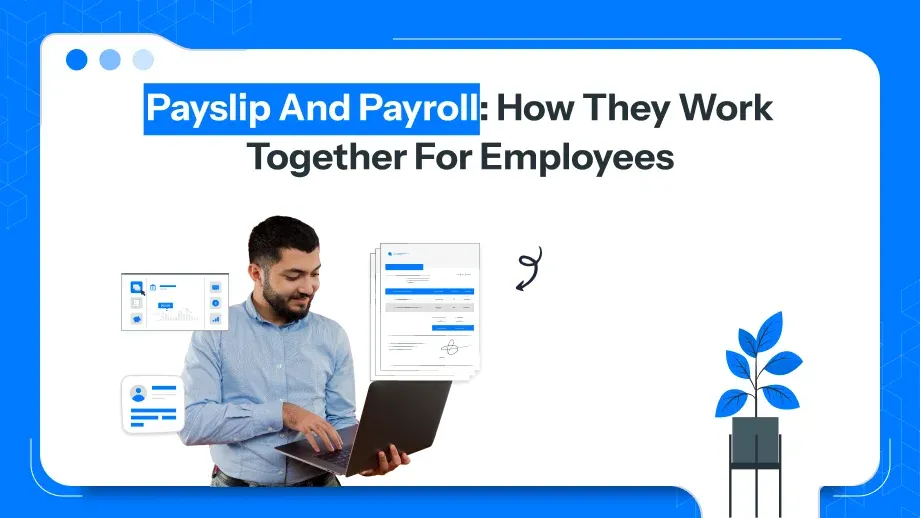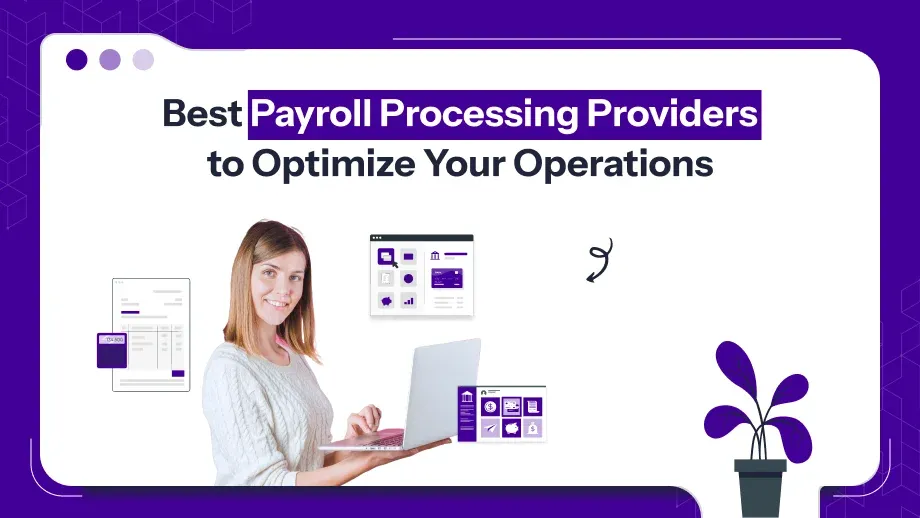Computer programs that oversee, administer, and enhance incentive compensation systems in companies are referred to as incentives compensation administration software. By designing the program in a predetermined and guaranteed way to obtain the required precision and effectiveness of performance-based bonuses become applicable.
Grab a chance to avail 6 Months of Performance Module for FREE
Book a free demo session & learn more about it!
-
Will customized solution for your needs
-
Empowering users with user-friendly features
-
Driving success across diverse industries, everywhere.
Grab a chance to avail 6 Months of Performance Module for FREE
Book a free demo session & learn more about it!
Superworks
Modern HR Workplace
Your Partner in the entire Employee Life Cycle
From recruitment to retirement manage every stage of employee lifecycle with ease.


Seamless onboarding & offboarding
Automated compliance & payroll
Track performance & engagement
The Importance of Incentive Compensation Management in Modern Businesses
- sales incentive compensation management software
- 12 min read
- December 30, 2024

Incentive compensation management software is one of the vital factors in the modern-day businesses, particularly in revenue-driven industries. It puts together organizational goals with those individual achievements and makes it workable that employees achieve the best for their outputs.A world of remote work, even an increasingly global payroll workforce, underscores the importance of incentive payroll compensation management.
In other words, companies today must flexibly and scalably ensure that their compensation plans cater to diverse teams, different locations, and changing business models. It’s therefore very easy to automate such complexities associated with compensation plans while allowing organizations to quickly and accurately make their payment and reduce administrative costs and burdens.
With the proper best incentive compensation software in place, businesses can track performance metrics efficiently, calculate bonuses or commissions, and quickly alter plans according to changing business needs. This agility will be very important for companies that are looking to lead in a world that increasingly operates in fast-paced, data-driven modes.
- Types of Incentives Pay Programs
- Why is incentive compensation management important?
- 1. Employees working toward Organizational Goals
- 2. Improved Motivation and Employee Performance
- 3. Attract Top Talent and Retain It
- 4. Encouraging Long-Term Commitment and Loyalty
- 5. Building Accountability and Transparency
- 6. Reducing Administrative Complexity and Errors
- 7. Promoting a Results-Oriented Culture
- 8. Adapting to Market Changes and Business Needs
- Adaptation to market changes and business needs
- 1. Meeting Evolving Business Objectives
- 2. Accounting for Economic and Market Cycles
- 3. Increasing the Competitiveness of Jobs
- 4. Supporting Organizational Growth and Scalability
- 5. Changes in Technology and Innovation Response
- 6. Managing Employee Expectations During Changes
- 7. How Data and Analytics Enable Agile Compensation Models
- Challenges in Incentive Compensation Management
- 1. Misalignment with Business Objectives
- 2. Complicated and Varying Compensation Schemes
- 3. Administrative Overhead and Complexity
- 4. Inaccuracy and Lack of Transparency
- 5.Long-term versus short-term incentives
- 6. Avoiding Bias and Being Fair
- 7. Motivation and Engagement End
- 8. Regulatory Compliance and Legal Risks
- Conclusion
Types of Incentives Pay Programs
One of the most crucial instruments for inspiring employees payroll entries, coordinating their output with organizational objectives, and rewarding the work they do are incentive compensation plans. The goals of the company, the sector, and the roles that employees perform all influence the different incentive programs that might be employed.
1. Sales Commission Plans
In summary, the most common incentive compensation management software plan types are sales commission programs, especially in sectors where revenue is directly tied to the activity of sales. Retail, real estate, insurance, and business-to-business sales are some of the industries that fall under this category.
How it works: Here the employees earn commission based upon the amount of sales generated. Normally, the commission can either be a percentage of revenue from sales or amount that is fixed per unit sold.
2. Bonus Structures
Bonus packages compensate staff members for reaching predetermined performance goals. These bonuses are usually given out quarterly, semiannually, or annually and can be linked to team, individual, or corporate goals.
How It Works: Whenever employees meet predetermined goals, such as meeting sales targets, finishing projects, and satisfying customers, they are rewarded with a monetary reward.
3. Profit Sharing
Profit sharing is a form of pay plan where employees share a portion of the company’s profits. It may be based on pre-established formulas for profit sharing or a general formula based on overall company success. This allows the alignment of employee interest with the long-term financial health of the organization.
How It Works: Generally, a percentage of the company’s profits is shared with the employees, in the form of direct cash payout or contribution to retirement funds.
4. Equity Compensation
Equity compensation is usually common in startups and growth-stage companies where cash flow may be tight but the potential for future growth and stock value will be high. It will make the employees owner of the company by offering them stock options or restricted stock units.
How It Works: Stock options or RSUs can be awarded to the employee so they can purchase the company’s stock at a fixed price, or the stocks can become a part of the overall package.
5. Gain Sharing
This is a form of pay-for-performance model in which employee rewards are based on improvements made on operational performance.
How It Works: This program pays employees a percent of the savings or profits that result from improvements which they helped implement.
Compensation process with our powerful Incentive Compensation Management Software.
Boost accuracy, efficiency, and employee motivation—get started today!
Why is incentive compensation management important?
Incentive compensation management software is one of the most essential components of modern business operation, especially in those organizations payroll software whose performance of employees directly influences revenues, growth, and profitability. A well-structured incentive compensation plan can indeed help push individual and organizational success by aligning goals with company objectives.
1. Employees working toward Organizational Goals
One of the major reasons incentive compensation management software is essential is to ensure that employees are actually working towards the same objectives as the organization. Tying specific performance metrics such as sales, productivity, or even customer satisfaction with compensation puts a direct linkage between efforts and success of the organization. This will bring in a shared purpose among employees, thereby increasing the employees’ engagement in their work and concentrating efforts on achieving the desired outcomes for the business.
2. Improved Motivation and Employee Performance
The biggest motivator of the employee is performance, and one of the most powerful incentives to fuel it is incentive compensation. When people are informed that their rewards will depend on their performance, it can boost their motivation toward optimal performance. Clear and achievable incentives motivate people to extend themselves, achieve specified targets, and take control of their work.
3. Attract Top Talent and Retain It
Today, with the competitive job market, offering a strong incentive compensation plan can attract and retain top talent for organizations. High performers are attracted to companies where their efforts will be fairly rewarded, especially if they know that their compensation can be significantly enhanced through performance-based incentives.
4. Encouraging Long-Term Commitment and Loyalty
Sales incentive compensation management software can be perceived as being more about long-term employee commitment and loyalty. The majority of the compensation plans with long-term incentives, equity compensation, or deferred profit sharing motivate employees to stay longer in organizations.
5. Building Accountability and Transparency
One of the greatest benefits of an incentive management systems program is that the entire organization will be subjected to accountability and transparency. If the employees know what they are being compensated for, then they also know what to expect of them to obtain their rewards.Transparency fosters a balanced and just system that doesn’t bring about confusion and resentment among the employees as they will clearly see that their compensation is directly tied to their performance.
6. Reducing Administrative Complexity and Errors
Manual management of compensation programs leads to considerable administrative difficulties, such as calculation errors, missed payments, and time-consuming processes. In the absence of a system to track and manage incentive compensation, these tasks become burdensome for HR teams, resulting in inefficient payroll process steps and dissatisfied employees.
7. Promoting a Results-Oriented Culture
The incentive compensation management software used by businesses to reward employees in terms of specific outcomes reiterates a results-oriented culture. The employees then understand that their efforts go directly into achieving the goals of the company, thereby making the workforce more focused, proactive, and performance-oriented.
8. Adapting to Market Changes and Business Needs
Must result in the ability of such businesses to respond to varying market conditions, customer desires, and trends in respective industries. Incentive compensation management software will enable organizations to make such flexibility a reality due to the flexibility in modulating compensation plans to update them according to the demands of business changes.
Adaptation to market changes and business needs
This means that organizations today have to be agile and nimble in the fast-changing, dynamic business environment to compete. A long-term successful organization can only thrive through the adoption of changes in the marketplace and changes in business. Sales force compensation management will play a significant role in ensuring such agility for an organization. This will ensure that compensation plans are flexible and aligned with both internal and external shifts. Businesses will be able to motivate employees, enhance performance, and stay ahead of the competition.
1. Meeting Evolving Business Objectives
Since the business objectives often shift because of various changes within the market or changes in customer requirements and economic conditions, it’s essential for the incentive compensation plan to be agile as well. In other words, the plans have to reflect the shifting of goals for motivation and alignment by the employees.
2. Accounting for Economic and Market Cycles
Market conditions can change unexpectedly because of many factors, like economic cycles, regulatory change, competition, and global events. Such market fluctuations can affect the revenue of an organization, its growth prospects, payroll systems and its strategic direction. To keep pace with these variations, compensation plans need adjustments.
3. Increasing the Competitiveness of Jobs
The job market is dynamic, and firms need to be competitive enough to attract and retain the best talent. Organisations must adapt their plans in response to competitors’ new benefits, pay structures, or incentive programs.
4. Supporting Organizational Growth and Scalability
In growing and scaling businesses, managing the complexity of incentive compensation plans is also heightened. What works for a small team or startup is often impossible when the company expands and diversifies its operations. A scalable incentive compensation plan would therefore be one that can grow along with the trajectory of the company.
5. Changes in Technology and Innovation Response
Technological changes are evolving industries at a rapid pace and businesses need to be ready to adapt their incentive pay programs to these changes. For instance, when machines and AI take over most routine tasks, business models may have to redefine performance metrics and jobs, which may lead them to change compensation plans.
6. Managing Employee Expectations During Changes
Incentive compensation management plans need to be versatile not only for the business but also for employees. When the business accommodates changes in compensation structures, such accommodations are necessary with the respective employee expectations.
7. How Data and Analytics Enable Agile Compensation Models
The use of data and analytics in compensation decision making is a critical feature in adapting to market change. Modern compensation management allows an organization to collect great quantities of data on their employee performance, compensation trend, and industry benchmark data that can help companies identify shifts in employee behavior, market conditions, or organizational needs, then adapting incentive plans accordingly.
Challenges in Incentive Compensation Management
Incentive compensation management software, also known as ICM, is an important part of any business strategy, but more so if the company’s performance directly translates to revenue generation. Despite being one of the most relevant elements in running companies, it poses a wide range of difficulties for companies in designing and implementing incentive compensation plans as well as managing them efficiently. Such difficulties can start from misalignment with company objectives to administrative inefficiency, and if not attended to properly, may cause loss in motivation, performance, and hence the success of the organization.
1. Misalignment with Business Objectives
One of the most significant jobs in incentive compensation management is ensuring that incentive pay plans are properly aligned with the organization’s overall goals or strategy. In cases where employee incentives are not aligned with corporate goals, employee focus on inappropriate behaviors may compromise organizational objectives.
2. Complicated and Varying Compensation Schemes
Incentive pay programs and payroll reporting can become increasingly complicated and uneven as businesses expand, especially when dealing with international or diversified markets. When applied to larger, more diverse teams, what could have worked for a small team or an area might not function. Payout errors, inconsistencies, and confusion can result from managing several compensation models for different company divisions, geographies, or personnel levels.
3. Administrative Overhead and Complexity
Managing incentive compensation management can be highly administratively complex and time-consuming when done manually. Calculating bonuses or commissions and the tracking of each individual’s performance is difficult to ensure accuracy and timing of payment, especially if a firm has thousands of employees.
4. Inaccuracy and Lack of Transparency
Inaccurate or partial data can result in incorrect incentive compensation management and payments, which can be crucially damaging to employee morale and trust in the process. Employees need to know their performance is being tracked fairly and that their compensation is coming out correctly. If things do not add up in how performance data is tracked or used, employees tend to become disengaged, frustrated, or disillusioned.
5.Long-term versus short-term incentives
Another challenge is finding the ideal balance between short-term and long-term rewards. Although they are effective at producing results right now, immediate rewards like commissions or quarterly sales bonuses don’t usually encourage long-term thinking about business success. Although they don’t immediately impact performance, long-term incentives like stock options or profit-sharing schemes are effective at encouraging thinking about the future and fostering loyalty among workers.
6. Avoiding Bias and Being Fair
Being fair and equitable is always pertinent in any incentive compensation policy. Employees need to understand sales force compensation methods that they are fairly compensated due to their contribution and effectiveness. A system of compensation looks biased or seems to have favoritism for the benefit of certain people and teams over others leads them to dissatisfaction, resentment, and even quitting.
7. Motivation and Engagement End
Designing an incentive compensation management software pay plan that really motivates employees will be a challenge. In a lot of cases, even monetary rewards such as bonuses and commissions are effective. What motivates one employee is not the same for another; some may be more inclined to professional development opportunities and work-life balance than with monetary rewards.
8. Regulatory Compliance and Legal Risks
Local, national, and international regulations must be met by incentive compensation programs. As pay structures become increasingly complex incorporating commissions, bonuses, equity, and profit-sharing, companies must ensure that the plans meet legal guidelines so as not to incur expensive violations.
Conclusion
Incentive compensation management software, or ICM, is an indispensable business tool in the pursuit of optimizing incentive structures and organizational success. As companies deal with increasingly complex compensation plans-from ensuring alignment with business goals to navigating compliance requirements-ICM software is an efficient, scalable, and transparent solution. ICM software makes organizations avoid errors, remove heavy manual workloads, and improve the accuracy as well as fairness of compensations by automating complicated payroll calculations, streamlining the administration processes, and generating real-time insights.
FAQs
What is Incentive Compensation Management (ICM) software?
How does ICM software align compensation with business goals?
ICM software allows an organization to link compensation plans directly to key business objectives. The businesses can define specific performance metrics, such as sales targets, customer retention goals, or operational improvements, which would ensure that the incentives of employees are aligned with the overall strategic priorities.
Can ICM be integrated with other HR and Payroll systems?
Yes, most of the current ICM software solutions integrate with other human resource, payroll, and enterprise resource planning systems, ensuring data flows between different systems easily. Integration therefore ensures easy compensation tracking and payment processing, among others, reporting without having to input them manually.
Is ICM Software Suitable for Small Businesses?
While ICM software seems to be more of the domain for large enterprises, most are scalable and may be made to fit the requirements of even small and medium-sized companies. For small companies, ICM software may come in handy for streamlining compensation management, cutting administration overhead, and keeping all incentive plans in line with business objectives.


